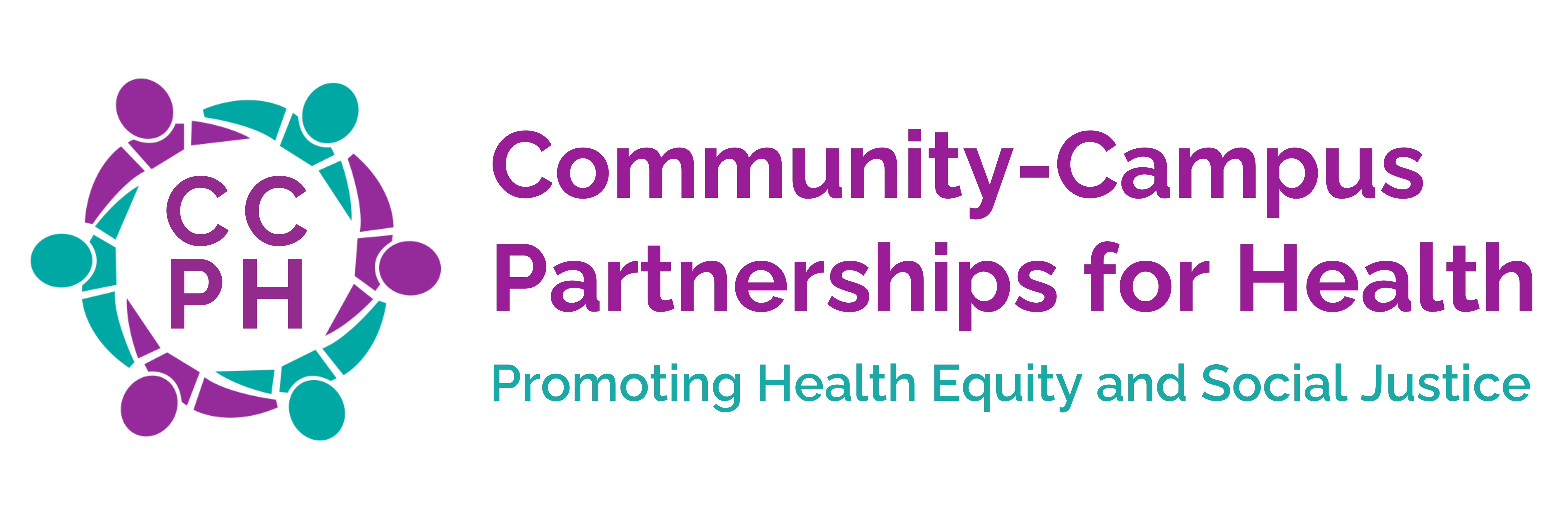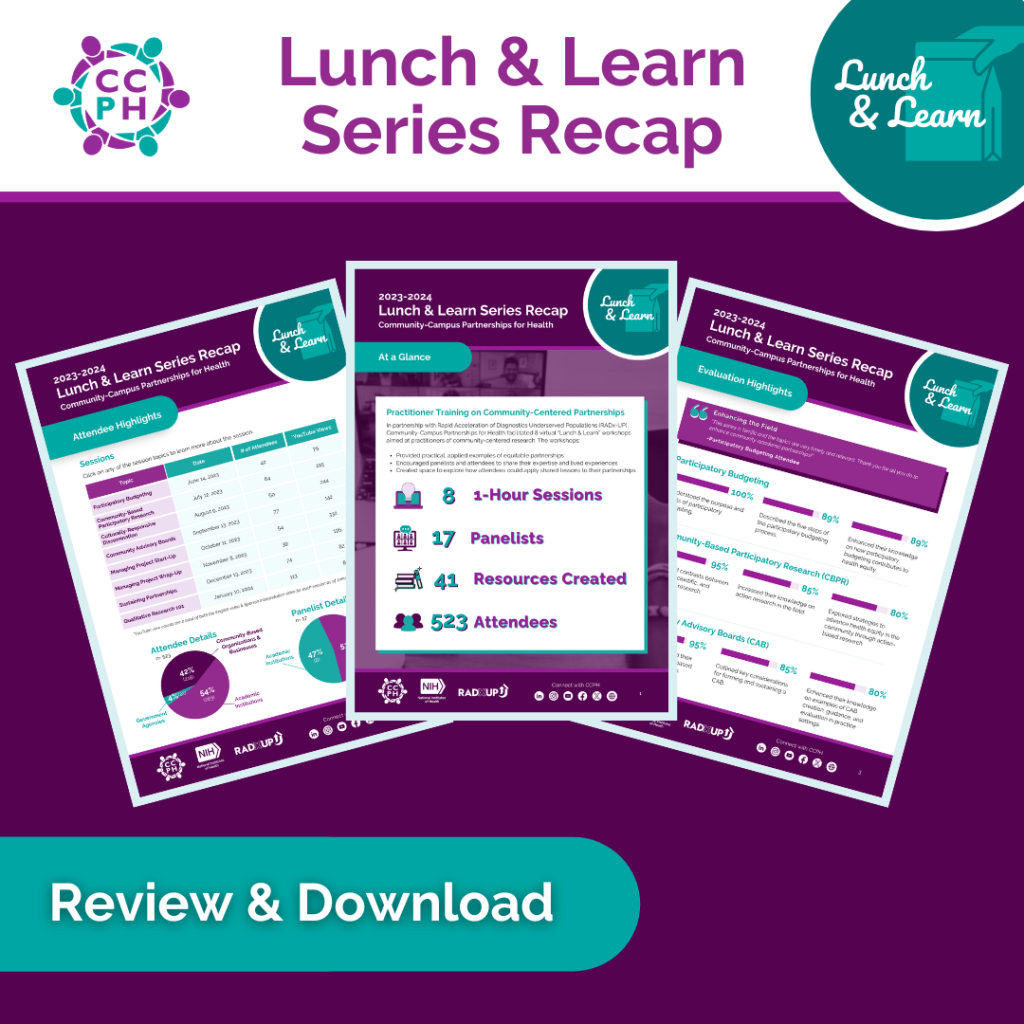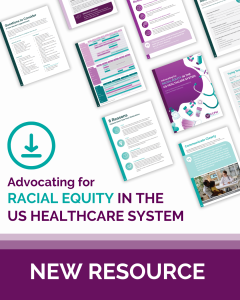I cut my teeth on community work when, as a newly minted garden variety college history major, I elected to become a VISTA volunteer. I was sent to work in northeast Tennessee’s Hancock County. This was in 1969 when, while the nation was in upheaval, we still had plenty of optimism that we could make change and improve people’s lives. I elected to carry that optimism out at the local level, where I worked on a wide range of development and poverty issues. Thanks to Tennessee Valley Authority and Vanderbilt School of Medicine, one of those issues was health. Several of us worked with the medical staff who came to the county for one week during my first two summers in the county to conduct multiphase diagnostic screenings. While we didn’t have the language of community health or outreach workers, that is exactly what we became as we brought people in from the hills for possibly a once-in-a-lifetime visit to a medical professional and then conducted follow up.
For my 18 months as a VISTA volunteer, I was steeped in the language of “nothing about us without us” and “maximum feasible participation.” These foundational elements have shaped my professional work in public health for decades. Thus, I was gratified when, as faculty at the Boston University School of Public Health, I was invited to be part of a national community oriented primary care (COPC) initiative. The aim of this W. K. Kellogg Foundation funded initiative was to train mid-course professionals to work in partnership with communities to craft health promotion and disease prevention programs. Underlying this approach was what is now called “upstream” work, always aiming for root causes and seeking social justice. It was while I was working on this COPC initiative that I discovered CCPH, then a brand new entity developing out of a major national service-learning demonstration project.
As CCPH developed service-learning pedagogy based in the principles of authentic partnership, I was able to expand my understanding of how academic institutions and their learners could build and nurture partnerships with any of a wide range of communities. It is gratifying to be a part of helping learners experience the power of partnerships and for communities to have the chance to benefit from having the academy share resources and work collaboratively.
I’ve also come to see that authentic partnerships require going beyond engaging in traditional service-learning’s useful, but often somewhat superficial efforts, to effect change. Through CCPH, I have discovered the language and approach of critical service-learning (CSL). While still predicated on the development of authentic partnerships, CSL diverges from traditional service-learning. CSL aims for a level of social change that reflects social justice. It also aims for understanding of power as well as the need to redistribute power rather than simply for civic engagement. In CSL, through authentic partnerships, participants work together to analyze power, build coalitions, and develop empathy.
In my early years, communities needed to request the VISTA volunteers because they did not realize these (mostly) young people could advocate for what community power brokers viewed as outlandish revolutionary change. A parallel is the implication of CSL, i.e., that educators, students and community members will likely unsettle the very hierarchical educational institutions that nurture them. Enter CCPH again, now with its focus on dismantling institutional racism, a fundamental impediment to growth, power redistribution, and authentic partnership development. CCPH is leading the way with this affirming focus on social justice that does not shy away from — indeed that highlights — the injustices that stem from racism at all levels. CCPH has become a central resource for anyone building authentic partnerships for research. We are committed to embracing our origins and continuing to advocate for and to demonstrate ways of developing authentic partnerships for educational purposes; this can ensure that our work in service-learning broadens to become critical service-learning that engages in the badly needed social justice work.
Together, we can craft initiatives and build a movement that ensures synergy as we dismantle the injustices of racism and discrimination. As an active member of CCPH and then as a board member, I have had the good fortune to make new and valued friendships, grow professionally, and help CCPH realize its mission.
CCPH’s mission is ever timely; our work requires all of us pulling in the same direction. By joining CCPH and contributing to its work, you will be part of this change — change needed more now than ever.
Written by:
Suzanne B Cashman, ScD, MS
Professor and Director of Community Health
Department of Family Medicine and Community Health
University of Massachusetts Medical School
Former Board Member, Community Campus Partnerships for Health (2011 – 2018)











